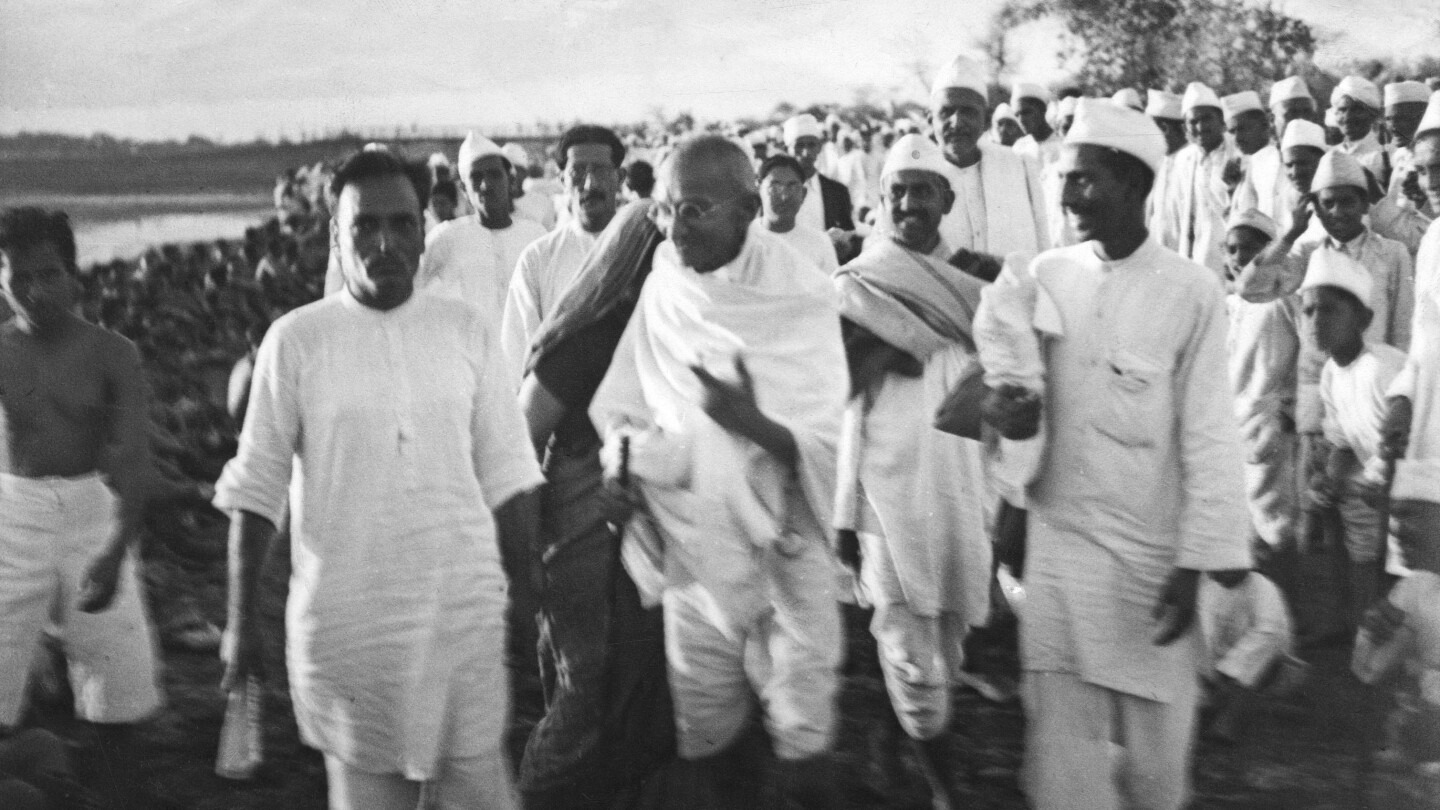
Every October 2, India pauses to remember Mohandas Karamchand Gandhi, the man who turned peace into power and non-violence into a weapon stronger than empires. Yet on this day, one omission stands out like an unanswered question that Gandhi never received the Nobel Peace Prize. For a man who redefined peace in political struggle, the absence is not just a historical oversight — it is the very moment the Nobel lost its moral authority.
Gandhi was nominated several times, from the 1930s to the year of his assassination in 1948. The world watched as he challenged the British Empire not with armies but with salt, spinning wheels, and relentless satyagraha. He gave freedom its most ethical face. Yet the Nobel Committee hesitated. Political caution, Eurocentric blindness, and bureaucratic excuses ensured that the greatest apostle of peace was left uncrowned. When Gandhi was assassinated in January 1948, the committee confronted the question of a posthumous award. Instead of rewriting precedent, it froze. That year, it chose to give no award at all, declaring that “there was no suitable living candidate.” It was an abdication of judgment, and history has not forgotten.
In rejecting Gandhi, the Nobel revealed its limits. It could recognise treaties signed at conference tables, but it could not recognise the slow revolution of conscience. It could reward leaders who ruled nations, but not a man who ruled himself. The committee seemed more comfortable with political deals than with the moral stubbornness of non-violence. That failure exposed a prize shaped as much by diplomatic caution as by ethical clarity.
Since then, the Peace Prize has suffered a steady erosion of credibility. It has gone to negotiators whose accords collapsed in bloodshed, to leaders who ordered wars while posing as peacemakers, and to presidents celebrated more for promise than for practice. Henry Kissinger receiving the award while the Vietnam War still raged turned the Nobel into a byword for cynicism. Barack Obama’s premature prize in 2009, given before his presidency had produced results, reinforced the sense that the award was increasingly symbolic theatre.
Contrast this with Gandhi. His non-violence was not symbolic but lived. He accepted prison as routine. He risked his life on fasts to shame hatred. He mobilised the poor with spinning wheels when they had no voice. His campaigns were not crafted for headlines or accolades but for transformation. Gandhi did not seek validation from global committees. His validation came from people who followed him barefoot on marches, from colonial rulers forced to negotiate with a frail man in a loincloth, and from generations who saw that truth could be sharper than the sword.
This is why the Nobel’s rejection of Gandhi did not diminish Gandhi; it diminished the prize. Without him on its roll, the Peace Prize has never escaped the suspicion that it crowns convenience more often than conviction. And this is why leaders today, from Donald Trump boasting of ceasefires to others framing their diplomacy as Nobel-worthy, can openly treat the prize as a currency of vanity.
On Gandhi Jayanti, the lesson is sharper than ever. No committee can sanctify greatness. Gandhi’s absence from the Nobel list does not weaken his stature; it proves that moral authority cannot be conferred, it must be earned. The Nobel’s failure reminds us that awards are human constructs, bound by politics and precedent. Gandhi’s legacy reminds us that truth and peace transcend such limits.
The greatest tribute today is not to lament Oslo’s blindness but to ask ourselves: do we still have the courage to practise what Gandhi preached? To choose restraint over retaliation, conscience over convenience, non-violence over vengeance? If we do, we honour him. If not, no number of prizes will matter.
Because without Gandhi, the Nobel Peace Prize lost its moral authority. And without Gandhi’s principles, so do we.
By Gautam Jha
Managing Editor





















